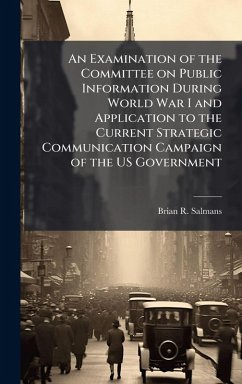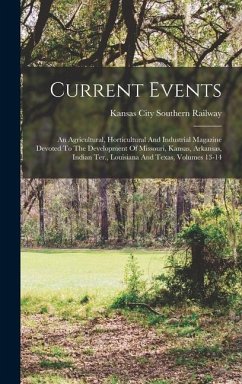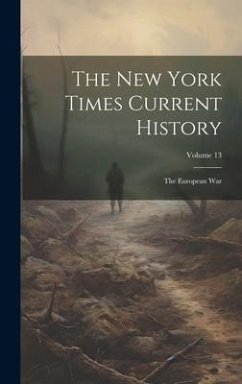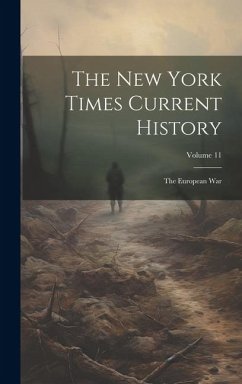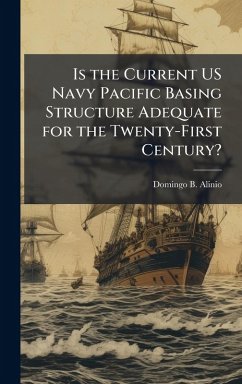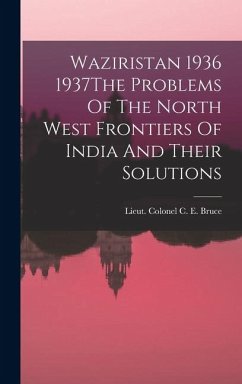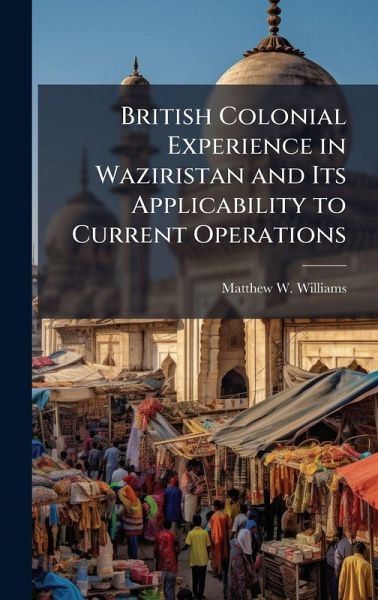
British Colonial Experience in Waziristan and Its Applicability to Current Operations
Versandkostenfrei!
Versandfertig in über 4 Wochen
28,99 €
inkl. MwSt.
Weitere Ausgaben:

PAYBACK Punkte
14 °P sammeln!
Following the fall of the Taliban government in Afghanistan in late 2001, members of the former regime and Al-Qaeda found refuge in Waziristan. Waziristan is a tribal area in Pakistan located along the border with Afghanistan whose majority ethnic Pashtun population has menaced every occupying power since Alexander the Great. The formidable terrain coupled with the fierce independent character of the Pashtun tribes has made Waziristan a difficult area for outsiders to subdue. Taliban and Al-Qaeda elements use this tribal area as a sanctuary and staging area for attacks against international an...
Following the fall of the Taliban government in Afghanistan in late 2001, members of the former regime and Al-Qaeda found refuge in Waziristan. Waziristan is a tribal area in Pakistan located along the border with Afghanistan whose majority ethnic Pashtun population has menaced every occupying power since Alexander the Great. The formidable terrain coupled with the fierce independent character of the Pashtun tribes has made Waziristan a difficult area for outsiders to subdue. Taliban and Al-Qaeda elements use this tribal area as a sanctuary and staging area for attacks against international and government forces in Afghanistan. Waziristan is especially important to the U.S. due to the belief that sympathetic tribesmen may be sheltering Osama bin Ladin and his key lieutenants. Due to the fact that Waziristan is part of a sovereign country that has forbidden the permanent presence of U.S. troops, the U.S. cannot directly influence this area with overt, uniformed military forces. Despite this challenge, the U.S. is not the first country to try to influence events in Waziristan. When developing the best course of action to accomplish its goals in Waziristan, the U.S. can look to the British colonial experience to help guide its actions. The British dealt extensively with Waziristan from 1849-1947. Despite the passage of time, the most important factors (i.e., political, military, geographical, and ethnographical, etc.) that influenced the British colonial experience have not changed significantly and are still relevant today. This monograph concludes that the U.S. must accomplish its goals in Waziristan through interagency operations. The U.S. should shape the environment as discreetly as possible and let the Pakistani government deny and disrupt Al-Qaeda and Taliban activities in Waziristan. The British colonial experience demonstrated overt military operations do not guarantee any success in Waziristan and will likely increase the chance of unleashing events that cou This work has been selected by scholars as being culturally important, and is part of the knowledge base of civilization as we know it. This work was reproduced from the original artifact, and remains as true to the original work as possible. Therefore, you will see the original copyright references, library stamps (as most of these works have been housed in our most important libraries around the world), and other notations in the work. This work is in the public domain in the United States of America, and possibly other nations. Within the United States, you may freely copy and distribute this work, as no entity (individual or corporate) has a copyright on the body of the work. As a reproduction of a historical artifact, this work may contain missing or blurred pages, poor pictures, errant marks, etc. Scholars believe, and we concur, that this work is important enough to be preserved, reproduced, and made generally available to the public. We appreciate your support of the preservation process, and thank you for being an important part of keeping this knowledge alive and relevant.




